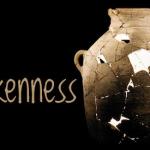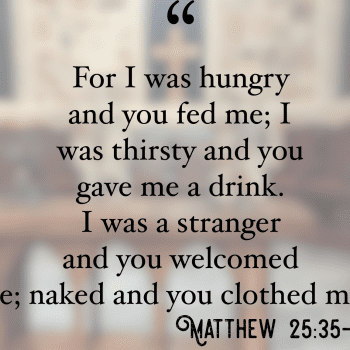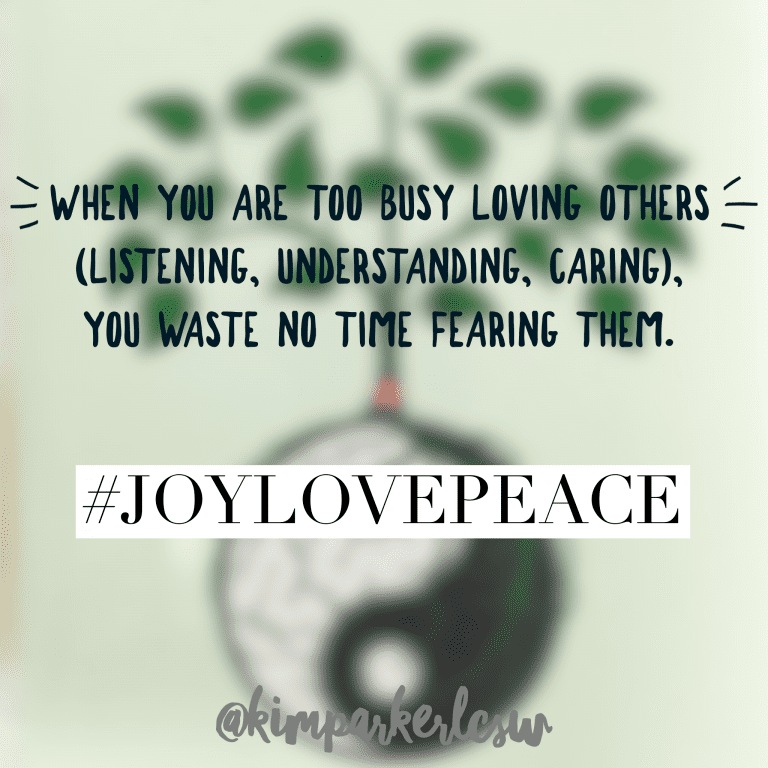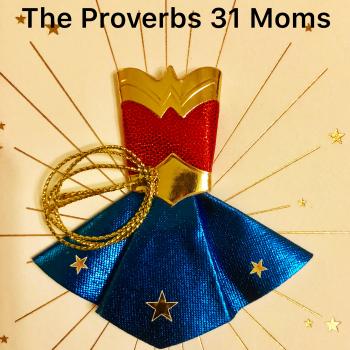By now, you probably have seen the viral video clips of the United airplane passenger being forcibly removed from his purchased seat by flight attendants and law enforcement. You might have also noted that he’s an Asian American physician, self identified as Chinese, but immigrated from Vietnam. More research on this current hot topic will reveal alleged reports of his dark past. Instead of the model minority story, you might have read that this father of five and grandfather was allegedly involved in some illegal activity over ten years ago, trading prescription medication for sex with a former patient turned employee. What’s really true of the man’s past, his character, and the details of the current controversial incident remains to be unfolded in its entirety. But I’m not about to comment on the ethics or morality of either party involved or what’s relevant to the case.
Yet, this conversation reminds me of two books I recently read by author Sam Louie. Sam writes transparently and insightfully, addressing the darker aspects of the Asian American experience, including that of being a “perpetual foreigner”, dealing with prejudice and racism, cultural shame, addictions, and silent suffering. I came across this fellow Asian American, psychotherapist, and speaker and learned about his excellent work while writing my own book. The author vulnerably shares his private struggles growing up in a traditional, stereotypical Chinese immigrant household where the sense of family shame and honor ran very strong. Sam courageously brings light to a side of the Asian American experience that often gets glossed over by nonAsians, especially those in the Caucasian majority population in America.
- While my own experience has been mostly positive in terms of adjusting to life as an immigrant American, being socially accepted into various subcultures here, and learning to cope with life’s stressors, I acknowledge that for many Asian Americans, the struggle of being a perpetual foreigner no matter how many generations one has been in this country is very real. Perhaps I’ve been spared because my eyes are not so ethnically slanted and I talk without a foreign accent?
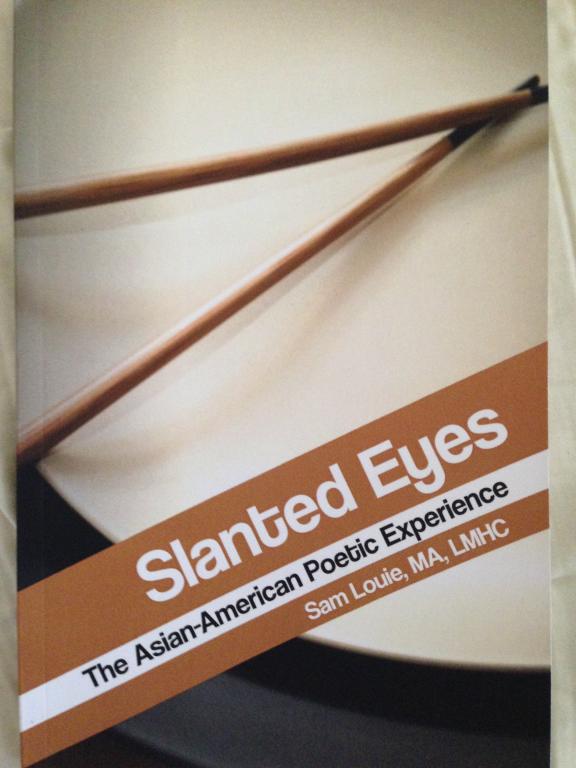
In Slanted Eyes: The Asian-American Poetic Experience, Sam shares piercing poetry about the pain of not being positively nurtured in the home, then not being socially accepted or treated as first class citizens like white Americans, but instead being discriminated as less than, different, not American enough, or not good enough. Reading Sam’s writings helps me to see that in many ways, Asian Americans can relate to other people of color in America who seek “social justice” and “equality.” In other ways, Asian Americans have our own unique cultural experiences and trials to endure, as well as strengths to glean from (which I try to highlight in my own book).
Addiction is a very common human struggle. Sam sheds personal and clinical insights on this maladaptive coping behavior in his books. Yet, when I read Asian Shame and Addiction, I found that many of his observations pertain to human beings in general, not exclusively to being Asian or Asian American. Having worked with diverse clients of various ethnicities and cultural/ religious/ socioeconomic backgrounds, I can say that addictive behaviors and the sweeping under the rug of shameful family secrets do indeed inflict many American families. Furthermore, sexual addictions have become a more widely known problem for individuals, with the proliferation of internet porn and virtual relationships with online strangers being more accessible in modern times.
What are your thoughts on the #DividedNotUnited debacle? Do you see race/ethnicity being a factor in the treatment of this Asian American? Or do you see more issues of corporatism, capitalism, and materialism/greed at play? What about the whole taboo, not much addressed problem of sex addictions and shame?
- Check out Sam Louie’s work at www.samlouiemft.com


